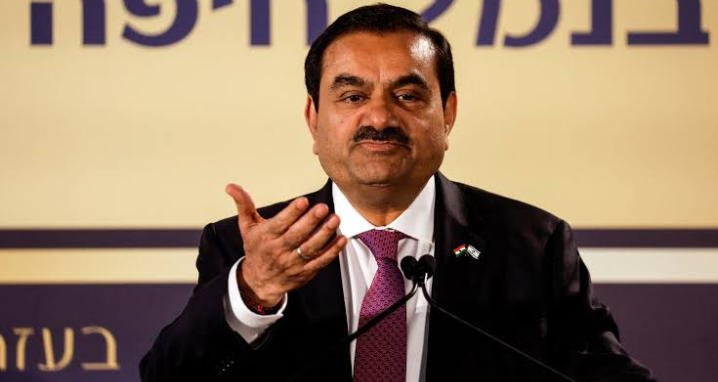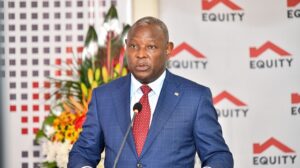Bangladesh’s interim government is urging Adani Power, an Indian energy company, to renegotiate a significant power supply agreement.
The agreement was made without a competitive bidding process under the administration of former Prime Minister Sheikh Hasina.
Documents from Bangladesh’s power agency indicate that this deal is more costly for Bangladesh compared to other coal power agreements.
A key issue in this dispute is the handling of tax benefits.
Bangladesh claims that Adani Power has not passed on certain tax advantages it received from the Indian government, which was expected as part of the agreement.
This has led to financial disagreements, with Bangladesh withholding payments amounting to several hundred million dollars for electricity already supplied.
While Adani Power asserts that Bangladesh owes $900 million, Bangladesh estimates the debt at around $650 million.
The situation is further complicated by recent legal challenges faced by Adani Power.
In November, U.S. prosecutors charged the company and several executives with involvement in a $265 million bribery scheme.
These allegations have intensified scrutiny of Adani’s international operations and have influenced Bangladesh’s push to revisit the terms of the power supply deal.
Since the commencement of electricity supply in July 2023, Bangladesh has been delaying payments to Adani Power.
The interim government, led by Nobel laureate Muhammad Yunus, who assumed power after the ousting of Sheikh Hasina, is advocating for a renegotiation of the contract.
The goal is to address concerns over tax benefits and power tariffs, with the potential to save Bangladesh approximately $28.6 million.
Adani Power maintains that it has fulfilled all contractual obligations and is seeking the outstanding payments.
The resolution of this conflict may hinge on the outcome of a court-ordered investigation into the deal.
In the meantime, Bangladesh has increased its reliance on alternative energy sources.
In November, electricity imports from Adani’s plant decreased by nearly a third due to the payment dispute.
To compensate, Bangladesh boosted its use of fuel oil for power generation by 47.8% and increased natural gas-fired power generation by over 10%.
The emerging situation highlights the complexities of international energy agreements and the impact of legal and ethical challenges on such deals.
As Bangladesh seeks to secure more favorable terms, the outcome of this dispute will be closely watched by stakeholders in both countries.





















Add Comment